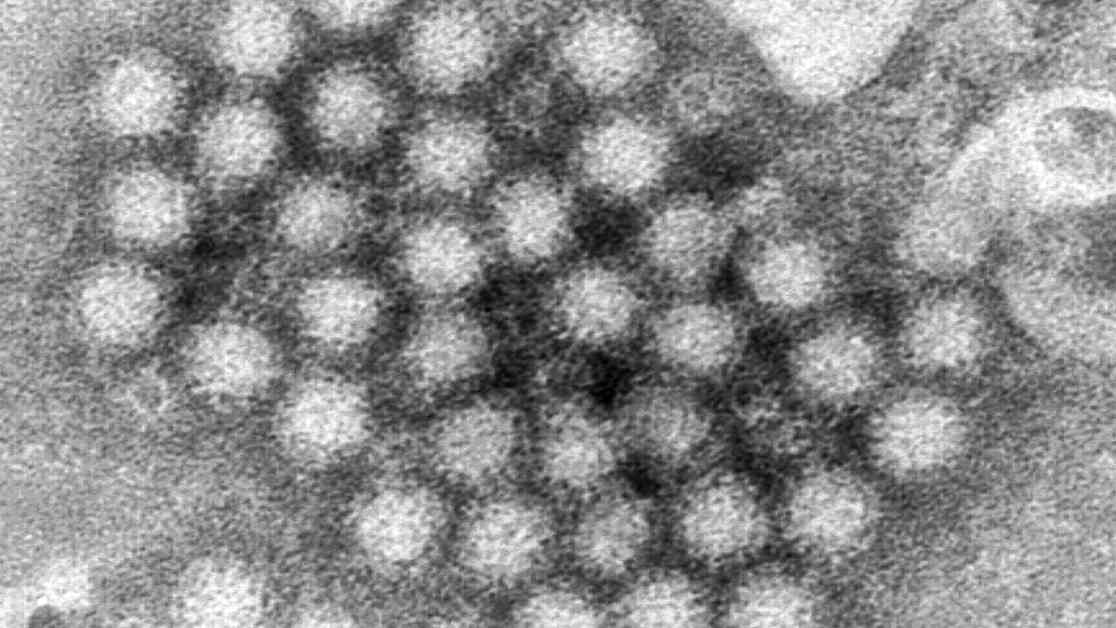How to Stay Safe from Norovirus Outbreaks in Chicago: Important Information
Chicago, IL – The Chicago Department of Public Health has confirmed multiple norovirus outbreaks in the city during the month of January. This comes as the Centers for Disease Control and Prevention report a nationwide increase in positive norovirus cases, with numbers doubling from November to January. Norovirus, also known as the “stomach bug” or “food poisoning,” is a highly contagious virus that causes sudden vomiting and diarrhea.
The Rise of Norovirus Outbreaks in the US
Norovirus outbreaks are not uncommon during this time of year, with cases typically peaking from November to April. The virus is often spread through direct contact with an infected person, making places like healthcare facilities, restaurants, schools, and childcare centers common settings for outbreaks. Despite its prevalence, norovirus remains challenging to prevent due to its resistance to hand sanitizers.
Expert Insights and Prevention Tips
Dr. Mark Loafman, an expert in Family and Community Medicine, warns that hand sanitizers are ineffective against norovirus, which can be found in vomit and feces even before symptoms appear. The virus can survive for weeks after recovery, making it crucial to take preventive measures. The best ways to protect yourself include washing your hands thoroughly, cooking shellfish properly, cleaning surfaces with bleach, and staying home until symptoms subside.
Recognizing Norovirus Symptoms and Dehydration
Symptoms of norovirus, such as diarrhea, vomiting, nausea, stomach pain, body aches, headache, and fever, typically manifest within 12 to 28 hours of exposure. While most people recover within a few days, vulnerable populations like young children, older adults, and those with weakened immune systems are at higher risk of severe infections. Dehydration is a common complication of norovirus, with signs including decreased urination, dry mouth, dizziness, and unusual sleepiness.
In conclusion, staying vigilant about hygiene, food preparation, and symptom recognition is key to preventing norovirus outbreaks. By following expert advice and taking proactive steps, individuals can safeguard themselves and their communities from the harmful effects of this contagious virus. Remember, prevention is the best defense against norovirus, so stay informed and stay safe.












